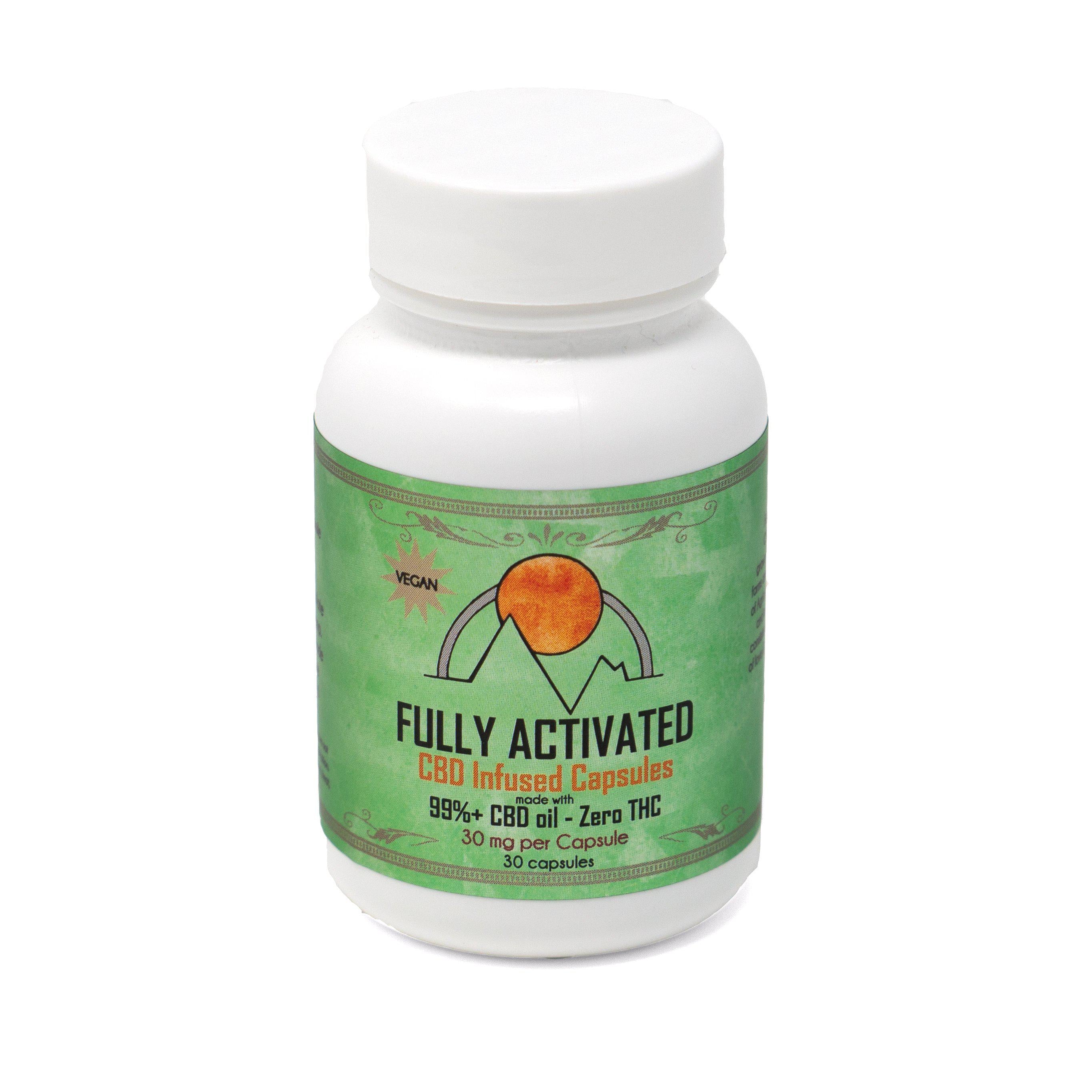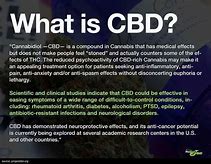
Cannabidiol a phytochemical that is found in hemp oil is powerfully antiviral as well as antifungal. It also inhibits virus replication in cultured cell and in vivo. A study conducted in mice revealed that CBD treatment significantly inhibited viral replication in nasal turbins and the lungs at day 5 after infection.
Cannabidiol
Hemp oil contains cannabidiol, which has healing properties. It is an excellent alternative to pain medication. It is made up of more than 100 naturally occurring compounds, which are crucial for the growth and health of the hemp plant. Phytocannabinoid-rich hemp oil is easier to dissolve, homogenize, and emulsify. It has more than 250mg of cannabidiol per portion.
An easy HPLC method was created to determine the amount of CBD in hemp oil products. The method employs isocratic elution using a SOLASTM C18 Column with a delivery rate at 1.5 mL/minutes for mobile phase. An in-house validated assay was then executed.
Terpenes
Terpenes or aromatic chemicals are derived from plants. They contain small quantities of isoprene (5-carbon building block). Cannabinoids can be related to terpenes. They are generally positively correlated. Different terpenes have different characteristics and may be useful for different health benefits. Limonene, for instance, can be used as an analgesic. It may also have antifungal properties that can help lower inflammation. It may help reduce anxiety and improve mood. Many people find the scent of limonene highly appealing.

Terpenes can be described as a group of over 30,000 compounds that are found in many different plants. Myrcene, one of the most prevalent in hemp, has a pleasant herb scent. Myrcene is also antibacterial and analgesic. Linalool, another common terpene found within hemp, is also a common one. It is commonly used in aromatherapy because of its sweet and floral scent.
Phenolic compounds
Phenolic compounds are organic chemical compounds that are widely found in plants and animals. They have an unusual molecular structure that includes an aromatic band with at most one hydroxyl-group. In plants, phenolic compounds are especially abundant and have several beneficial effects on animal health. They also help with flavor and colour.
Hemp seed oil has many phenolic components, including caffeoyl Tartaric acid. Other constituents include flavonoids, kaempferol, isorhamnetin, and quercetin. The extraction method used to extract the hemp oil and the temperature of the press are some of the factors that determine the phenolic percentage.
Antiviral agent
CBD inhibits the replication of viruses and RNA by blocking a pathway called FAAH. It also inhibits adenosine uptake and acts as an indirect agonist at adenosine receptors. The sodium-calcium exchanging exchanger regulates calcium homeostasis and calcium homeostasis of the mitochondria. Moreover, CBD has anti-inflammatory and anti-nausea properties.
CBD inhibits SARS-CoV-2 infection. CBD works by inducing genes to regulate the interferon pathways. The interferon pathway controls the expression of host genes, including cytokines.

Apply to skin
Hemp oil is becoming a popular natural remedy for many skin conditions. This versatile oil contains a variety of biologically active compounds, including cannabinoids, which interact with the endocannabinoid system in the skin to provide therapeutic benefits. Hemp oil contains cannabinoids as well as flavonoids and carotenoids.
Hemp oil can be used topically to treat many skin conditions, including acne and other inflammatory conditions. It can also be used as a moisturizer, making it an excellent addition to any skincare regime. It can be applied to the face or applied to a dry body part for a softer, smoother appearance.
FAQ
What CBD products do you sell most?
CBD products can be found all over these days. They are used for pain relief and anxiety. The market is big and growing fast.
But why do people purchase CBD? And what does it mean for you, as a brand owner?
Statista reports that CBD products have relaxing properties. They can also be used to treat inflammation.
If your product contains both CBD and THC, it can be used for medicinal and recreational purposes.
But what about brands that only focus on one specific purpose? A company selling CBD for stress relief is an example of a brand that will not be challenged.
Also, if a brand is focused on CBD for medical reasons, it will have large customers.
But, if a brand is looking to target recreational users they will need to develop a unique selling position (USP). A USP basically refers to a unique selling point that sets a brand apart.
For example, certain brands offer free shipping. Others offer discounts for bulk orders.
What are the best uses of CBD?
CBD is best used as an alternative treatment to anxiety. You can also use CBD to treat anxiety, pain, insomnia, epilepsy and inflammation.
CBD can be consumed in many different ways. CBD is available in many forms.
CBD has many health benefits. CBD has been shown to be beneficial for people with chronic pain, anxiety, PTSD, and other conditions.
Does CBD help with anxiety?
CBD oil is an effective treatment for anxiety. This happens because it interacts to certain brain receptors called CB1 (and CB2), respectively. The endocannabinoid (Endocannabinoid) system regulates mood, stress and responses.
When we feel anxious, our bodies release chemicals that activate the CB1 receptor. This receptor triggers the amygdala and is responsible to emotional processing.
When the CB1 receptor blockage occurs, the amygdala is unable to receive the signal necessary for processing emotions. As a result, people who take CBD experience fewer negative feelings.
A study published in 2017 showed that CBD reduces anxiety in patients with social phobia. Another study confirmed that CBD can reduce symptoms associated with PTSD.
A 2018 review concluded that CBD has anxiolytic properties and could help treat generalized anxiety disorder.
Another review suggested that CBD might also reduce panic attacks.
Multiple studies have proven that CBD can actually increase anxiety levels in mice.
The discrepancy found between the animal results and human data might be due to differences of how CBD affects humans and animals.
There are no long-term safety studies available for CBD. Experts are unanimous that CBD is safe if used as directed.
Statistics
- HR −16 mmHg; 95% CI −26, −6; I2 = 92%) (ncbi.nlm.nih.gov)
- As a substance that was federally illegal before the passage of the 2018 Farm Bill, hemp-derived cannabinoids with no more than 0.3% THC still face a regulatory grey area. (forbes.com)
- A recent study [161] also found that in vitro CBD treatment (i.e., ≤ 2 h exposure to 10 μM) induced ~40% vasorelaxation in isolated (pre-constricted) (ncbi.nlm.nih.gov)
- CBD seems unlikely to directly influence sleep in healthy humans [115] (and maybe “sleep-promoting” in those with certain comorbid conditions) (ncbi.nlm.nih.gov)
- The inhibition of FAAH is predicted to lead to an increase in brain and plasma concentrations of AEA, which acts as a partial agonist at CB1R and CB2R, thereby increasing endocannabinoid tone [92, 110]. (ncbi.nlm.nih.gov)
External Links
How To
What are the most common problems in the CBD industry?
The current market for CBD-based products is expanding at a phenomenal rate. However, this market is still full of challenges for businesses that want to expand. These include low consumer awareness, high entry costs, limited capital access, regulatory uncertainty, and lack of consumer awareness.
Many consumers aren't aware of the benefits and limitations of CBD. This means that they cannot make informed decisions about whether or not to buy CBD products.
CBD companies are heavily dependent on word-of–mouth marketing. This is expensive as they must pay advertising costs and to hire staff to market their brand.
Another problem for new entrants to CBD is the high price of production. The raw materials needed to create CBD products are quite expensive. For example, hemp needs to be grown in specific climates and soil types before it can be processed into CBD oil.
To grow enough hemp for CBD oil production, it costs approximately $1,000 per acre. Because of this, many small farmers are unable to afford to grow enough hemp for CBD oil.
Access to capital is another challenge for new entrants in the CBD market. Due to the stigma surrounding the industry, banks discourage many people who wish to start businesses.
Finally, there is regulatory uncertainty surrounding the sale of CBD products. There are currently not clear guidelines as to how CBD products should marketing.
Some states have passed legislation restricting the sale of CBD products, but this has yet to become national policy.
So far, only two states - Maine and Nevada - have legalized recreational marijuana.
Some states, such as Michigan and Massachusetts, are looking at similar measures.
These changes could increase competition among CBD manufacturers.
These factors have led many entrepreneurs to choose to work remotely rather than starting a physical business.